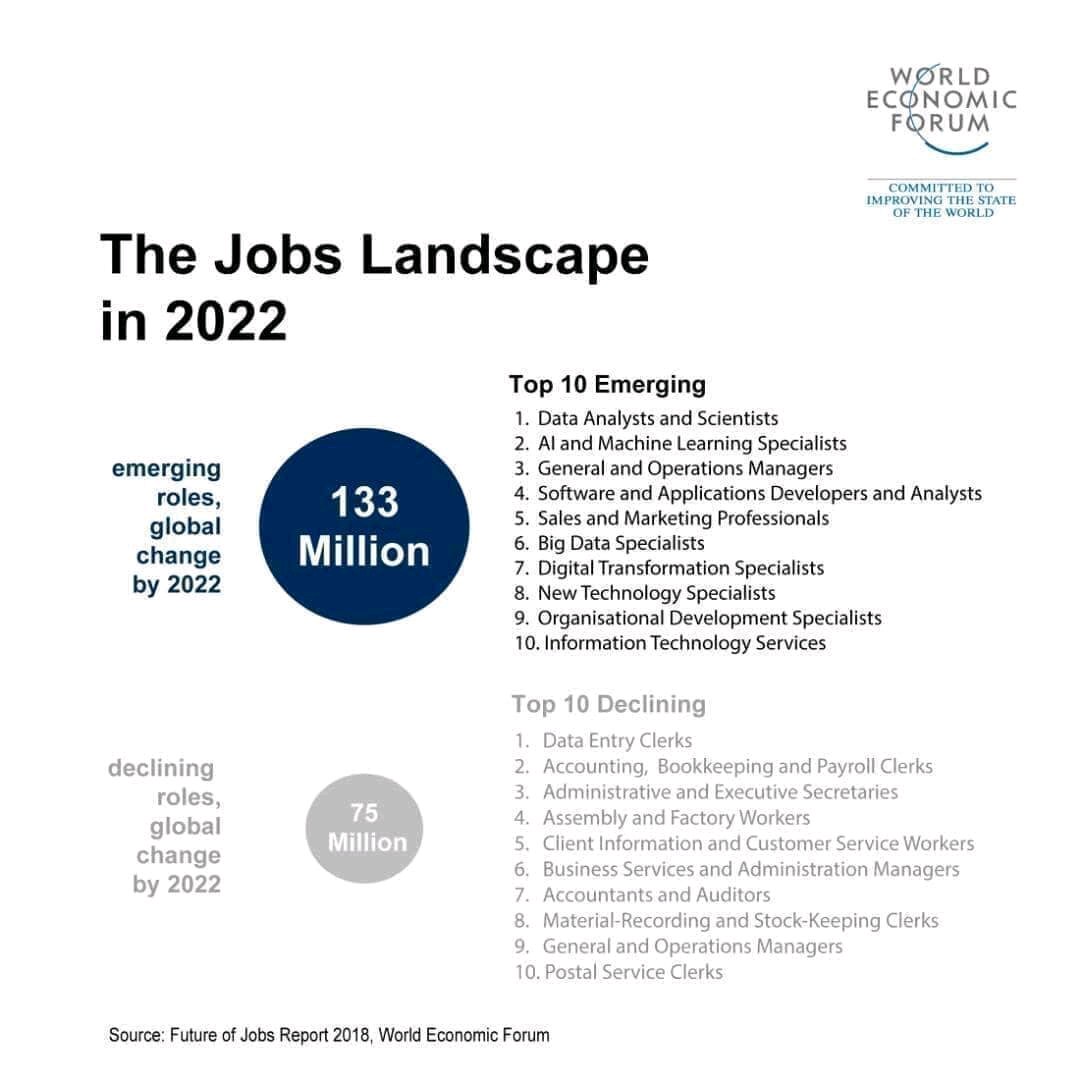We have barely scratched the surface with the Internet (from the early eighties) and it is already seemingly being threatened with the competition. A possible replacement by a new phenomenon.
Well, for lack of a better word, “replaced” has connotations of a dying Internet. This is far from accurate. This new phenomenon – fostered by blockchain technology, will change the way we use and consume the Internet as a service.
So, what is this new Internet-like system creating waves online? And why is it making online marketers quiver at the prospect of them losing out on the exponential revenues they have previously enjoyed?
Well, without hyping it up any further, it is called Distributed Applications or ‘DApps’ for short.
A brief history of Apps
Before we delve further into its meaning and use in the cyber world, perhaps some background context is required.
The way we use online or mobile applications software or “Apps” has changed how we consume products and services online. Companies jumped onto the bandwagon when they discovered that we mostly use Smartphones for the Internet.
App developers were then subsequently sought after to create mobile Apps for practically anything. What started as something mainly for gamers moved quickly onto applications for practically any commercial activity.
We now use Apps for our shopping; fitness; traveling; online bookings and banking. Developers now create customized software to help us with practically, anything.
In addition, we now have App stores for every significant tech provider – Microsoft, Google, and Apple to mention a few. This has naturally fattened the pockets of software companies and created an additional stream of income for them.
The ‘catch’ for using mobile apps is that even though it costs you nothing to download, using them still requires you to register with your personal details. You can also do this by linkingyour existing social media accounts.
The benefit to App providers
These Apps, which are integrated with social media services, create a data goldmine for marketers to study and track browsing habits. Through them, marketers can gain valuable insights into your interests and then customize their products/services to sell to you.
The impetus behind a distributed application system is that it serves to distribute plow some of the wealth garnered from your data via application providers back to you.

Data mining has become more lucrative and accessible because of Artificial Intelligence (AI) and Machine Learning. Do you ever notice how after browsing online or having a conversation or a chat application like WhatsApp or Facebook Messenger? You go online later, and you see Ads displaying the items you discussed? Creepy isn’t it? Well, that is the future of Web 4.0 for you!
Staying ‘woke’
Luckily for us, there is a school of knowledgeable and security-conscious programmers who are not ‘giving in’. They help us understand how the Internet has become a cesspool for marketers to harvest our data. Social media platforms, search engine providers, and mobile application providers facilitate them immensely with this.

Imagine getting paid to surf the web for hours. The way you get paid for taking on a survey, partaking in a social experiment, donating an organ or sperm?
This is the way distributed apps are touted to work. They reward you for the use of specific applications (in a peer-to-peer review setting) with cashable tokens. Seems only fair right?
Now you can imagine how companies like Cambridge Analytica would react to having to pay you for their use of your data. They would surely be reluctant and that’s why they preferred to work clandestinely. But if they could pay companies like Facebook for the use of data, why not pay us directly?
Early adoption
Joining the ‘DApps revolution’ is a no-brainer. Those at the forefront of building and supporting DApps will end up with a more substantial chunk of the market.
DApps primarily provide you with the use of payment systems. These are specifically known as Smart Contracts and Proof of Work systems.
There are currently also web-browsers (built as DApps on blockchain platforms such as Ethereum or EOS) that will reward you for merely using their DApps.
For instance, you are rewarded in cashable tokens to surf the net over applications like Google Chrome, or Mozilla Firefox.
It is only a matter of time that this form of Internet-browsing and use of applications becomes the norm.
The Internet revolutionized the way we communicate, socialize, learn, shop, and do business online. DApps however, will determine the way you get compensated for doing the things you love to do online.



















